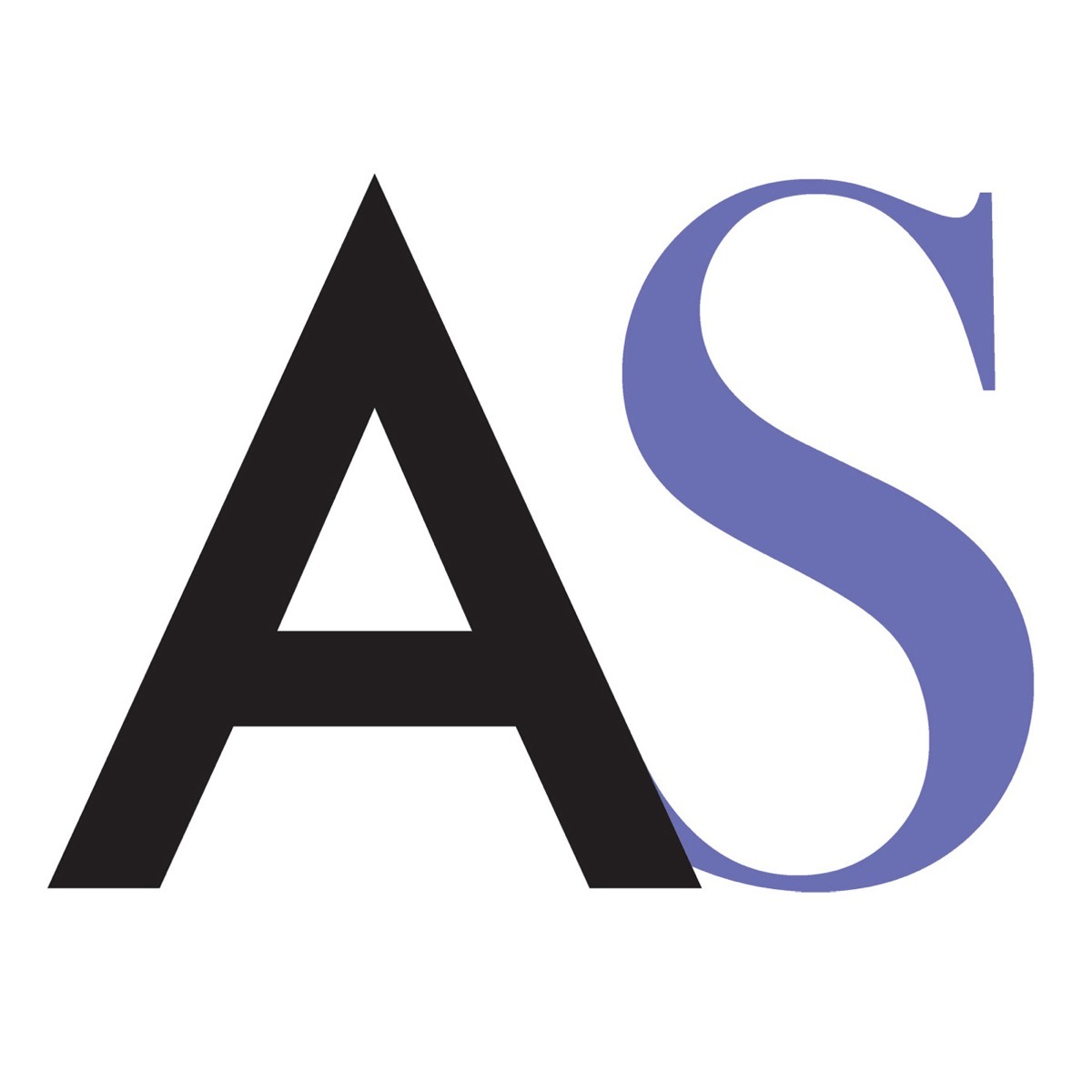17/01/22: Rachael Wiseman on Metaphysics by Analogy
Description
Metaphysicians are in the business of making and defending modal claims – claims about how things must be or cannot be. Wittgenstein’s opposition to necessity claims, along with his various negative remarks about ‘metaphysical’ uses of language, makes it seem almost a truism that Wittgenstein was opposed to metaphysics. In this paper I want to make a case for rejecting that apparent truism. My thesis is that it is illuminating to characterise what Wittgenstein and Anscombe are doing in their philosophical writing as metaphysics without manufactured necessities. Doing so helps to articulate a sharper, more interesting, critique of contemporary metaphysical practices than therapeutic or linguistic framings of Wittgenstein’s method make possible. It also allows us to place Anscombe in the context of a tradition of British metaphysics that emerged in the 1940s in an attempt to reverse the devastating impact on ethics of the new ‘analytical’ philosophy.
Rachael Wiseman is Senior Lecturer in Philosphy at University of Liverpool. She is the author of the Routledge Guidebook to Anscombe’s Intention (Routledge, 2016) and, with Clare Mac Cumhaill, Metaphysical Animals (Chatto & Windus, 2022) — a joint philosophical biography of GEM Anscombe, Philippa Foot, Mary Midgley and Iris Murdoch. She is associate editor (for analytic philosophy) at British Journal for the History of Philosophy.
This podcast is an audio recording of Dr Wiseman's talk - "Metaphysics by Analogy" - at the Aristotelian Society on 17 January 2022. This recording was produced by the Backdoor Broadcasting Company.
More Episodes
The partiality we display, insofar as we form and sustain personal attachments, is not normatively fundamental. It is a byproduct of the deference and responsiveness that are essential to our engagement with the world. We cannot form and sustain valuable personal relationships without seeing...
Published 06/27/22
Published 06/27/22
At a climactic—and, indeed, incendiary—moment in Bernard Williams’ classic essay, “Internal and External Reasons,” Williams says that those who advance moral criticisms by appealing to so-called external reasons are engaging in “bluff”. Williams thus alleges that condemning certain actions of...
Published 06/14/22


